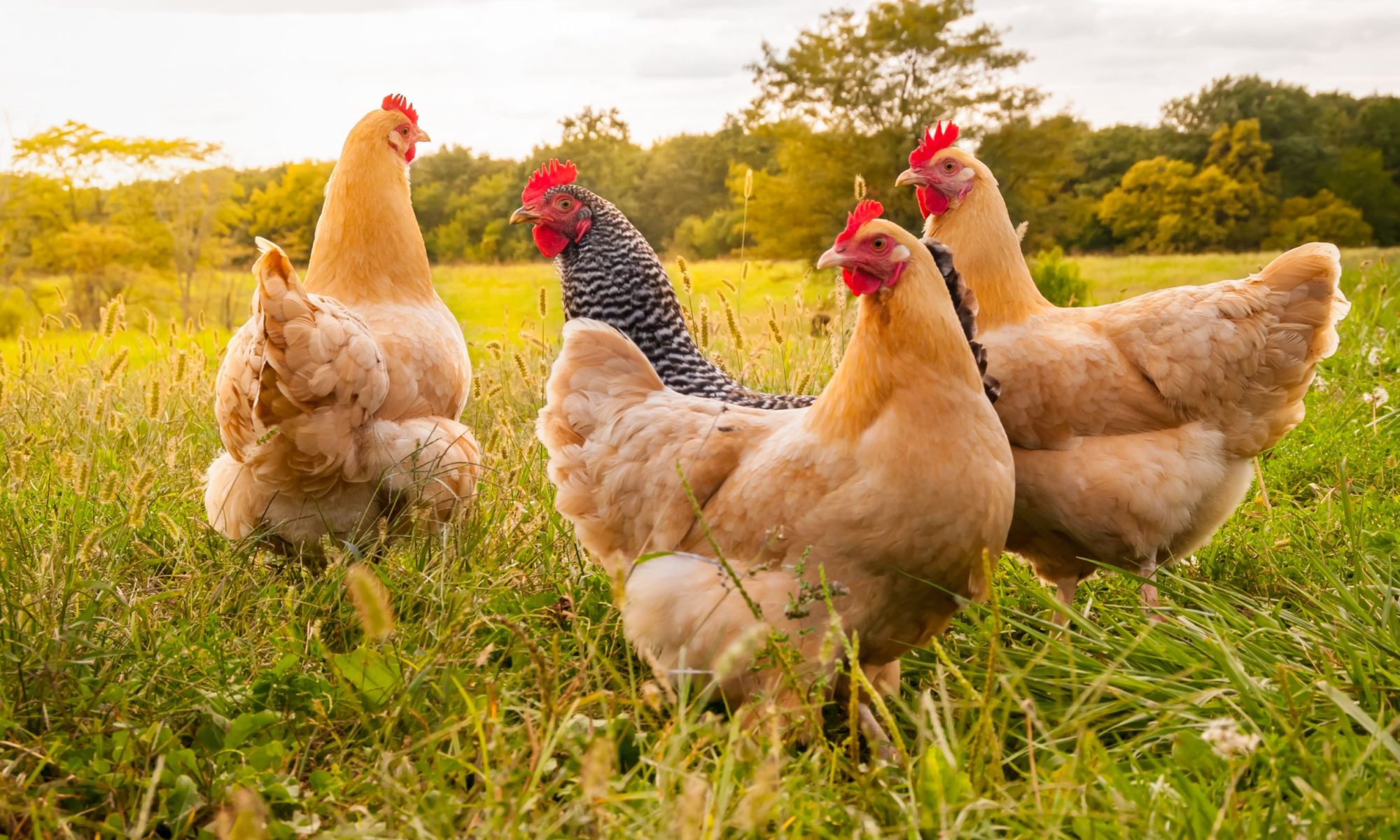Ethical eating:

Eat less meat.
Most meat comes from factory farms that mistreat animals and it also takes a great deal of resources to produce, transport and store– much more so than veggies. Eat less meat to reduce your impact on the environment and encourage more cruelty-free farms.
Grow your own vegetables.
There’s no better way to get fresh, organic produce than by growing it yourself. Even if you don’t have a backyard, a sunny windowsill can make a great garden.
Find organic products.
From produce to dairy, look for products at the store that are certified organic. Of course, make sure to do your research as well, as some companies will exaggerate the greenness of their products.
Do your research.
If you want to be smarter about what you eat, do some research and really get to know what’s out there, what’s good for you and what’s not. Nothing will better help you to be an ethical eater.
Learn where your food comes from.
Most of us have no idea where the food at the supermarket originates. Start buying from places where you know for sure where the food has been sourced, or visit farms yourself.
Start composting.
Food waste can make excellent, rich soil when it breaks down, so don’t throw it out.
Eat less processed food.
Processed foods are very often less healthy, take more energy to produce and come with loads of packaging.
Eat with the seasons.
Do you really need to gorge yourself on tomatoes in the winter? If you want to eat ethically, eat seasonally.
Choose foods low on the food chain.
Animals that are higher on the food chain can often be packed with chemicals, as they not only absorb it from the environment but from the animals they consume as well. Stick to plants and plant eating meat when possible.
Find your own comfortable diet.
There are no set rules about what makes a sustainable eater. Some will want to give up all animal products, while others won’t want to even imagine a life without eating cheese. Find your own balance and don’t let others make you feel bad about it.
Focus on plants.
The human body needs a good amount of plant nutrition to stay healthy. Anytime you make up a plate, only a small portion of it should be meat. The rest should be veggies, fruits, legumes and grains.
Ethical shopping:
Look for fair trade.
Fair trade foods will help ensure that the workers who produced them were paid a fair wage– especially important with foods like chocolate and coffee.
Avoid slavery foods.
Some foods aren’t marked fair trade, but should be to help consumers who care. Fruits like strawberries and orange are often harvested by enslaved workers so always know where your foods are coming from or avoid them altogether.
Get free range eggs.
These eggs are produced by chickens that aren’t kept in cruelly small cages– better for the birds and you.
Shop for grass fed beef.
Cattle aren’t meant to eat corn, they’re designed for grass. The meat will taste better and the cows will be healthier– a win-win.
Head to a local farmer’s market.
There, you’ll have access to a whole host of fresh, local and seasonal foods that will whet your appetite.
Avoid genetically modified foods.
While not all genetically modified foods are evil, you’re better off sticking with traditional varieties when possible.
Choose seafood wisely.
Some comes from endangered, over fished species and while other kinds will come from unsafe or cruel fishing methods.
Choose hormone-free animal products.
What an animal eats is passed on to you when you consume it or the products it produces, so try to limit the amount of hormones in your food.
Embrace soy.
Replace one meaty meal a week with a soy alternative. It’s cheaper and better for you.
Buy organic food when you have a choice.
Some products, like tomatoes, have thin skins that allow them to easily absorb chemicals.
Read the label.
Sometimes things seem a lot healthier than they really are. Always read the label to make sure you’re getting what you bargained for.
Be smart about food choices.
Sometimes organic or local isn’t always better, so make the food choices that are not only right for you, but best for the principles you care about as well.
Frozen may be better.
In some circumstances, getting frozen foods may be better. Some foods are hard to transport even short distances and don’t preserve well, so they’re best when eaten frozen, despite the energy it takes to keep them cool.
Don’t be so superficial about produce.
A few nicks and bruises on a veggie or fruit might not make them look pretty, but it isn’t likely to change how they taste.
Retha
